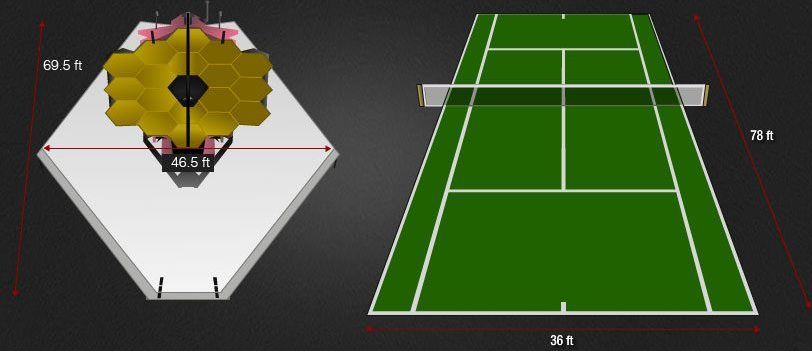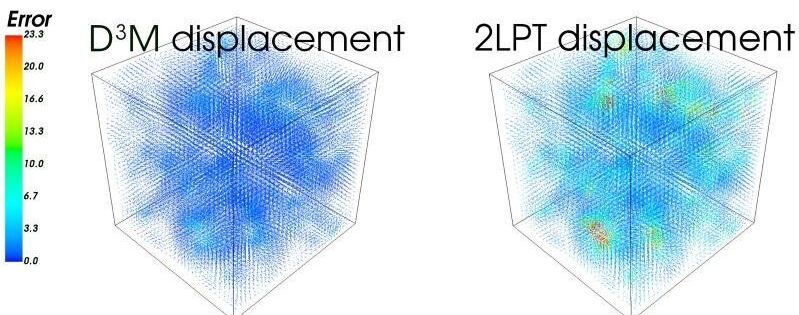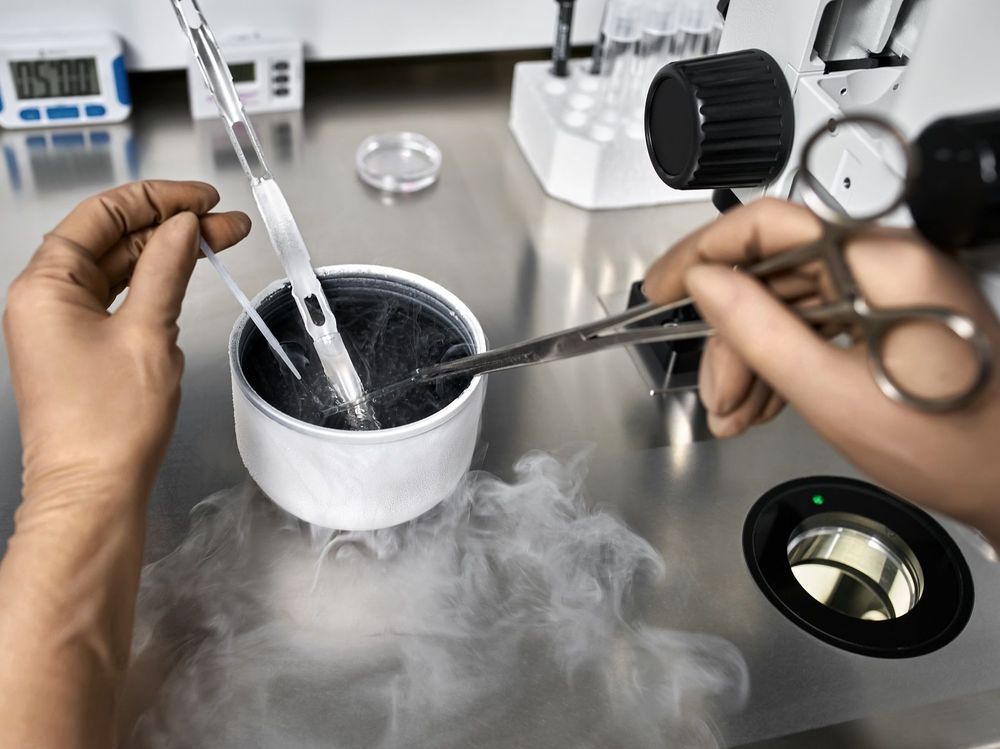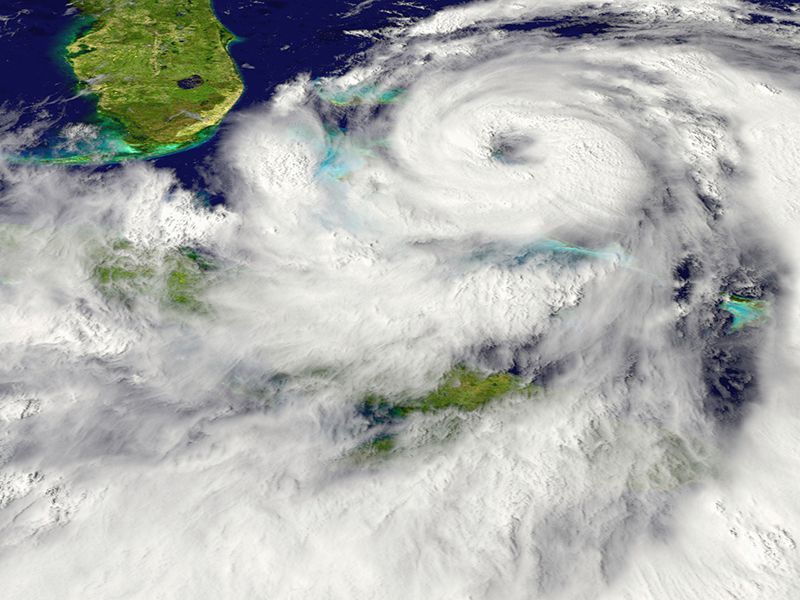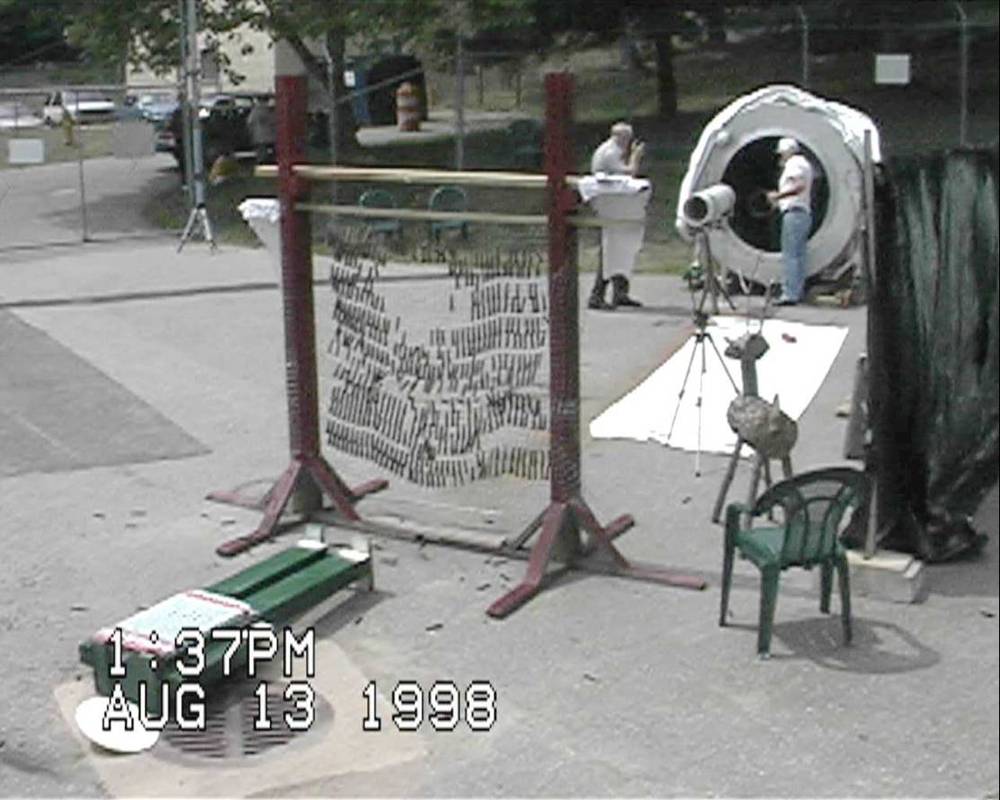Researchers have successfully created a model of the Universe using artificial intelligence, reports a new study.
Researchers seek to understand our Universe by making model predictions to match observations. Historically, they have been able to model simple or highly simplified physical systems, jokingly dubbed the “spherical cows,” with pencils and paper. Later, the arrival of computers enabled them to model complex phenomena with numerical simulations. For example, researchers have programmed supercomputers to simulate the motion of billions of particles through billions of years of cosmic time, a procedure known as the N-body simulations, in order to study how the Universe evolved to what we observe today.
“Now with machine learning, we have developed the first neural network model of the Universe, and demonstrated there’s a third route to making predictions, one that combines the merits of both analytic calculation and numerical simulation,” said Yin Li, a Postdoctoral Researcher at the Kavli Institute for the Physics and Mathematics of the Universe, University of Tokyo, and jointly the University of California, Berkeley.
